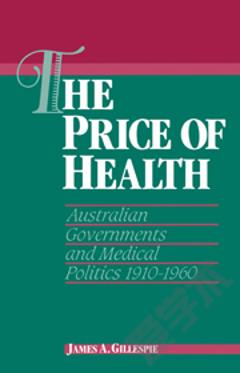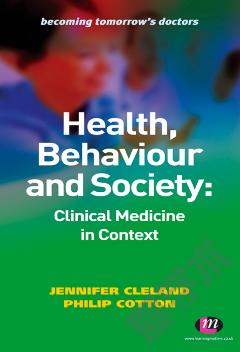Public Health in Papua New Guinea: Medical Possibility and Social Constraint, 1884–1984
This book concerns the development of institutional medicine, medical practice and health care during the initial colonisation and later colonial rule of Papua New Guinea. It discusses the relationship between public health and the medical profession and colonial bureaucracy, and also analyses the profession's social and technical ideas which determined the kinds of health policies and programmes attempted. The first part describes the era of tropical medicine which predominated at the turn of the century and survived until the 1950s. The second part investigates the transformation of tropical medicine by the introduction of new drugs and the curative campaigns of the 1950s and 1960s, and thereafter discusses the emergence of a new medical strategy known as 'primary health care'. This original, comparative study will be of value not only to anthropologists and historians of tropical medicine but also to historians of colonialism and its effects on public health care.
{{comment.content}}








 京公网安备 11010802027623号
京公网安备 11010802027623号